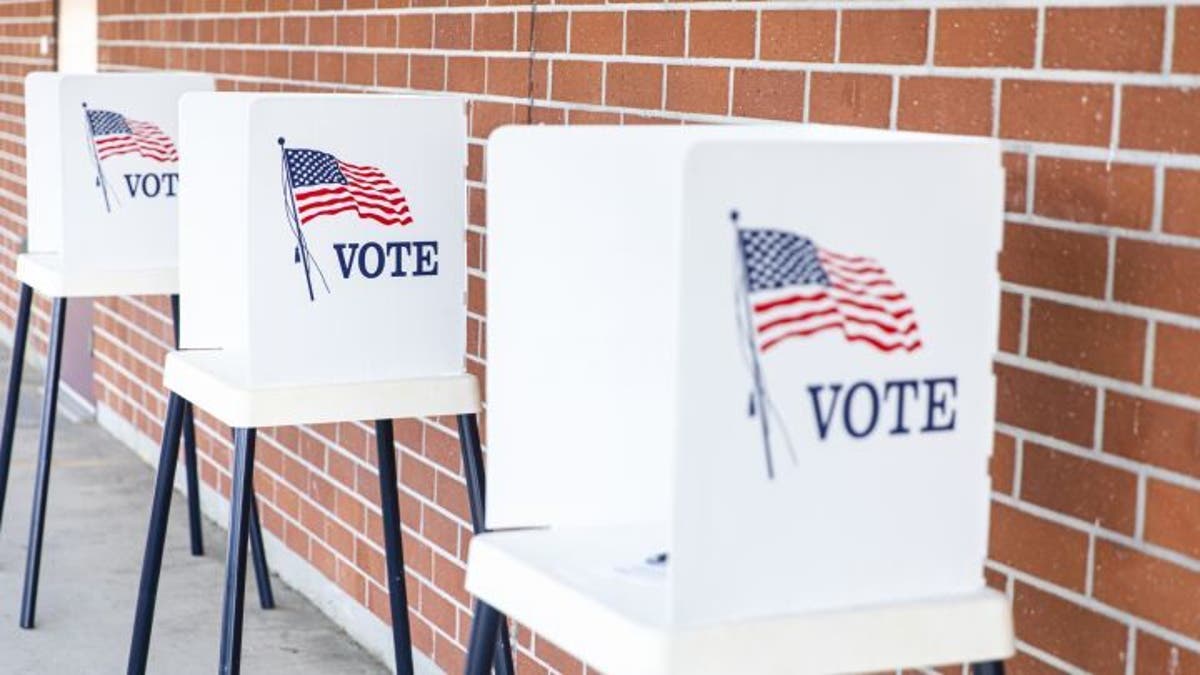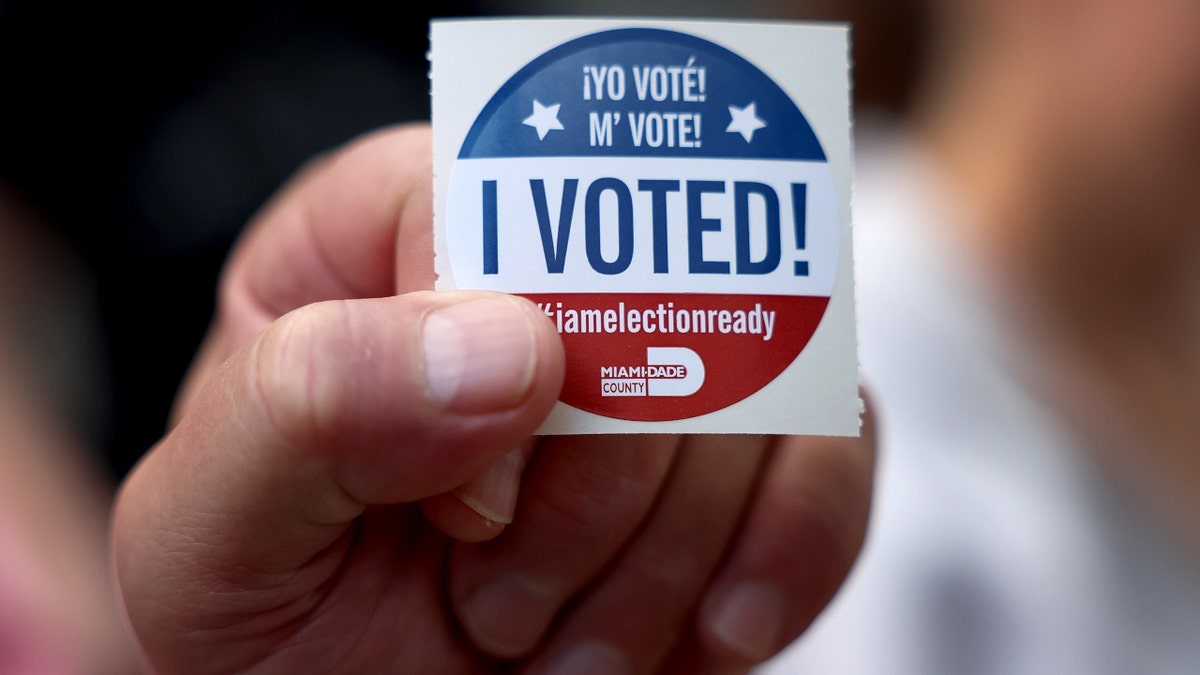Many liberal pundits ‘hate’ the Electoral College because it hurts Democrats, Save Our States founder says
Trent England believes coastal elite liberals want more power and control.
Pundits and politicians on the political left have been pushing to overturn the Electoral College—the way America chooses presidents—by enacting a national popular vote interstate compact. Now, with 15 reliably blue states and the District of Columbia in agreement, and action pending in an additional six states, including Florida and Texas, the national popular vote is on the verge of reality.
What is the national popular vote and what do its proponents say in support of it?
The national popular vote was launched in 2006 by critics of the Electoral College. Rather than states being the building blocks for electing a president based on the number of U.S. senators and representatives they have, supporters of the interstate compact want the total popular vote for president to decide an election.
It seems simple enough. Robert B. Reich, former Secretary of Labor under President Bill Clinton, writes that "…the entire process of selecting our president… threatens the foundation of our democracy." Reich goes on to note that, "In 2020, Biden owed his Electoral College victory to just 43,809 votes…" in three states with Trump likewise winning in 2016 by 77,744 votes in three states. This, he says, is "divisive" and "arbitrary."
Supporters of the national popular vote say that instead of presidential campaigns focusing on a few battleground states (as they say the case is with the Electoral College), a national popular vote would force candidates to campaign across the entire nation.
There are two reasons the Constitution features an Electoral College, both of which are relevant today.
The national popular vote concept takes the form of an interstate compact. Should states with a majority of the Electoral College—270 electoral votes—agree to the compact, then those states would assign all of their electoral votes to the winner of the national popular vote, regardless of how the people in that state voted.

Voting booths (iStock) (iStock)
Thus, pending legislation in Texas, HB 237 and SB 95, could award Texas’ 40 Electoral College votes in the 2024 presidential election to the same candidate who won California, even if Texas voters chose a different candidate.
There are two big problems with the national popular vote—one constitutional, the other practical.
First, the national popular vote interstate compact is merely a roundabout way to amend the Constitution without having to go through the trouble of actually amending the Constitution. The Constitution has been amended 27 times since its ratification in 1788 by getting two-thirds of both chambers of Congress (two-thirds of the states would also suffice) to propose an amendment that would then go into effect after three-quarters of the states agree.
CLICK HERE TO GET THE OPINION NEWSLETTER
In contrast, the national popular vote could go into effect with the approval of only 18 state legislatures, leaving the other 32 states out of the process of electing a president.
Second, there are two reasons the Constitution features an Electoral College, both of which are relevant today.

(Joe Raedle/Getty Images)
Contrary to the proponents of a national popular vote, the U.S. is not a democracy, it’s a constitutional republic. This means that we elect representatives who are bound by the rules of the Constitution. This form of government is designed to best secure liberty and protect the rights of the citizenry—including the minority.
In America, we have two constitutional safeguards against a tyrannical government. The first is a system of checks and balances between three co-equal branches of government at the national level, the Legislative, Executive, and Judicial.
The second (less remembered) check is the balance of power between the national government and the many states. The Electoral College is a direct acknowledgment that we have a federal form of government, not a national government where states are nothing more than enforcement arms of the national government.
Lastly, in the early days of the republic—as it is today—states have different standards for exercising the voting franchise and counting ballots.
In California, a voter’s signature on a voter registration form is sufficient proof of the right to vote. And now, as California moves to a nearly 100% vote-by-mail process, labor unions and paid ballot traffickers blanket precincts to harvest as many ballots as possible. Voters only need to show a form of ID the first time they vote—and the ID can be as flimsy as a utility bill.
CLICK HERE TO GET THE FOX NEWS APP
In contrast, 22 states, such as Florida and Texas, require a photo ID or proof of citizenship to vote as a safeguard against election fraud.
It should come as no shock then, that of the 15 states and District of Columbia that have approved the national popular vote so far, all but one, Rhode Island, have weak voter identification laws. Thus, enactment of a national popular vote would unleash a ballot arms race among the states to expand their electoral clout by reducing election safeguards against voting by ineligible residents—which is likely the point in the first place.










































